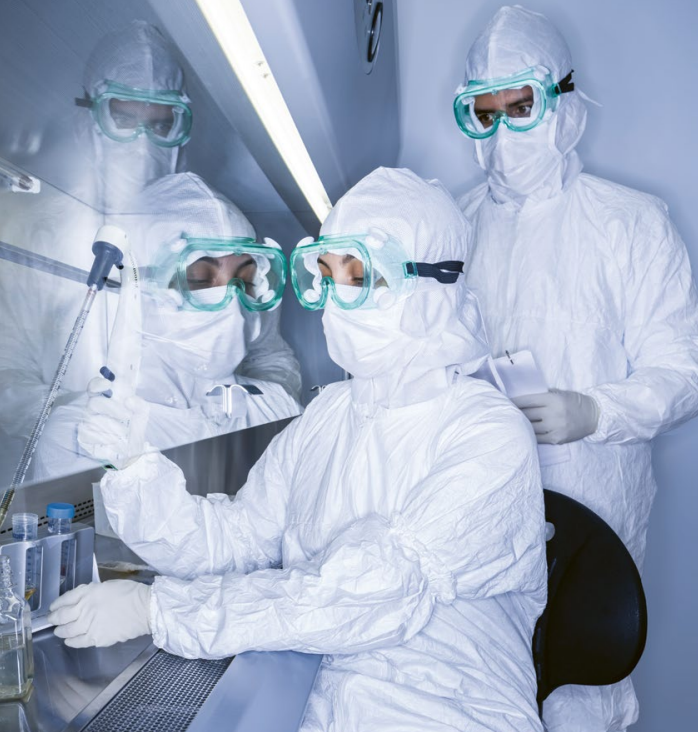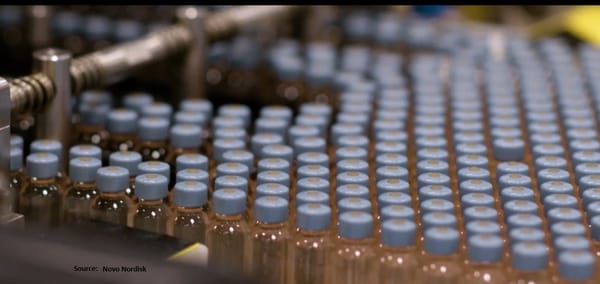Novartis agrees to acquire Mariana Oncology for $1 billion

Mariana's collection of radioligand therapies will enhance Novartis' radioligand therapy pipeline.Mariana's collection of radioligand therapies will enhance Novartis' radioligand therapy pipeline.
On May 2, 2024, Novartis made an announcement about their agreement to acquire Mariana Oncology. Mariana Oncology is a preclinical stage biotechnology company located in Massachusetts. Their main focus is on developing new radioligand therapies (RLTs) for cancers that currently have limited treatment options for patients. Novartis is taking on a significant portfolio of RLT programs that cover a wide range of solid tumor indications, including breast, prostate, and lung cancer. These programs span from lead optimization to early development.
One promising candidate for development is MC-339, a radioimmunotherapy (RLT) that is currently undergoing testing for the treatment of small lung cancer. This portfolio will help strengthen Novartis' RLT pipeline, enhance its research infrastructure and clinical supply capabilities, and contribute to its objectives in oncology and RLT platform innovation. As part of the agreement, Novartis has agreed to make an initial payment of $1 billion, with the possibility of additional payments totaling up to $750 million upon the completion of specific milestones.
RLTs are a type of precision medicine that brings together a molecule that targets tumors with a therapeutic radioisotope, which is a radioactive particle. RLTs have the ability to attach to particular receptors found on the surface of specific types of tumors. After attaching to the target cell, emissions from the therapeutic radioisotope cause damage to the DNA. This damage can hinder cell growth and replication, and potentially lead to cell death. Novartis states that this method enables precise radiation treatment of the tumor while minimizing harm to nearby cells.
According to Fiona Marshall, president of Biomedical Research at Novartis, the acquisition of Mariana Oncology demonstrates Novartis' dedication to radioligand therapy and reinforces their position as leaders in this area. "We are thrilled to collaborate with the Mariana team in developing cutting-edge RLTs for cancer patients, and together, we will revolutionize the field of oncology treatment."
At the time this article was published, Novartis had received approval for two RLTS for specific patients with metastatic castration-resistant prostate cancer and certain types of gastroenteropancreatic neuroendocrine tumors. Our clinic at Novartis is focused on a variety of programs, including studies and assets for prostate cancer. We also have preclinical and discovery programs that aim to identify new and innovative treatments. The company is also exploring new isotopes, novel combinations with complementary mechanisms of action, and additional disease areas for RLT.
On April 23, 2024, the FDA approved Lutathera, a radioligand therapy developed by Novartis, for the treatment of gastroenteropancreatic neuroendocrine tumors in pediatric patients. The treatment has been given the green light for use in children aged 12 and above who have somatostatin receptor-positive gastroenteropancreatic neuroendocrine tumors (GEP-NETs), including foregut, midgut, and hindgut GEP-NETs. According to Novartis, Lutathera has been approved as a therapy specifically for children with GEP-NETs, making it a significant milestone in the field.
“We are committed to furthering our scientific expertise and making these groundbreaking treatments available to a wider variety of cancer types,” stated Shiva Malek, Global Head of Oncology for Biomedical Research at Novartis, in the press release. "This acquisition adds exceptional expertise and enhances Novartis' research in RLT. It aligns with our ongoing exploration of innovative isotopes, combinations, and disease areas."
Source: Novartis





